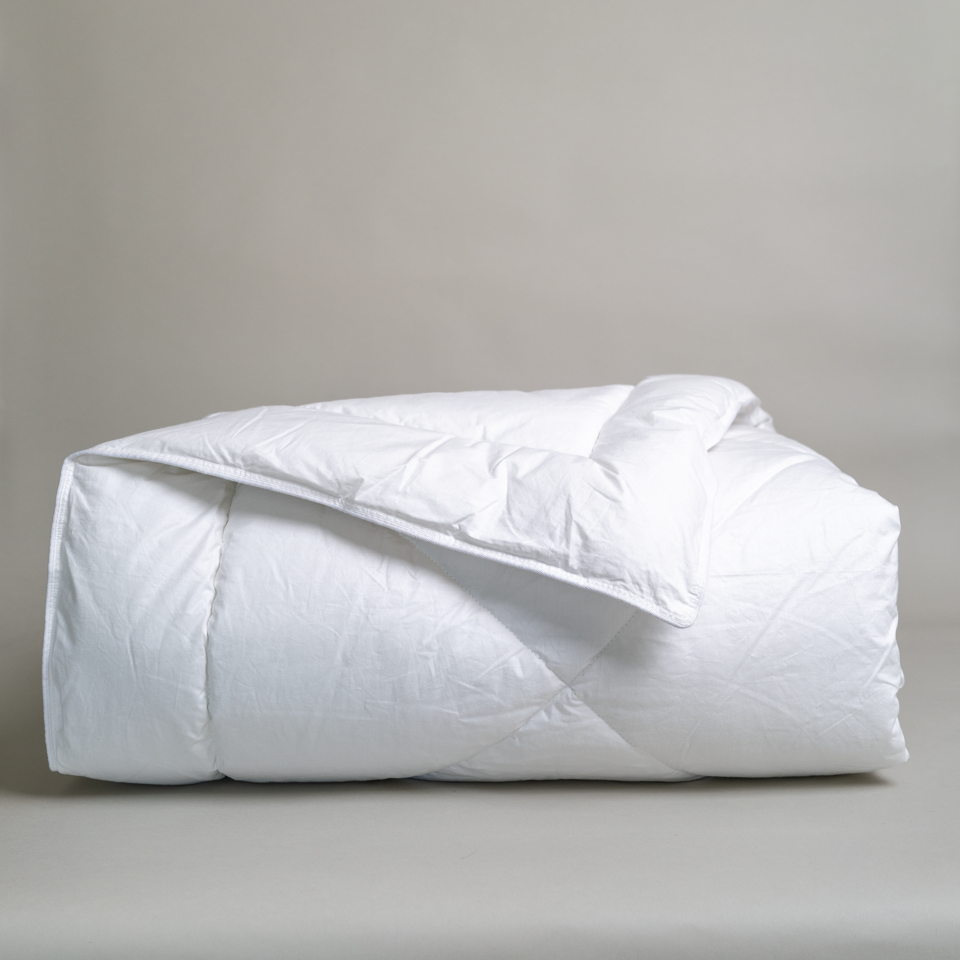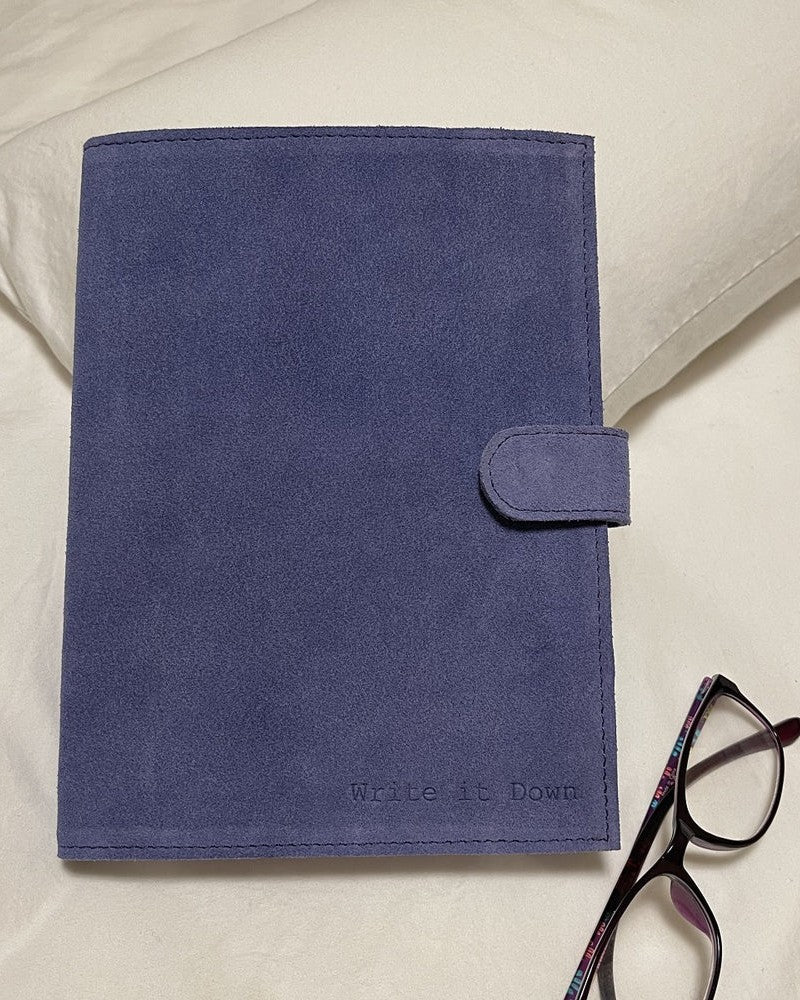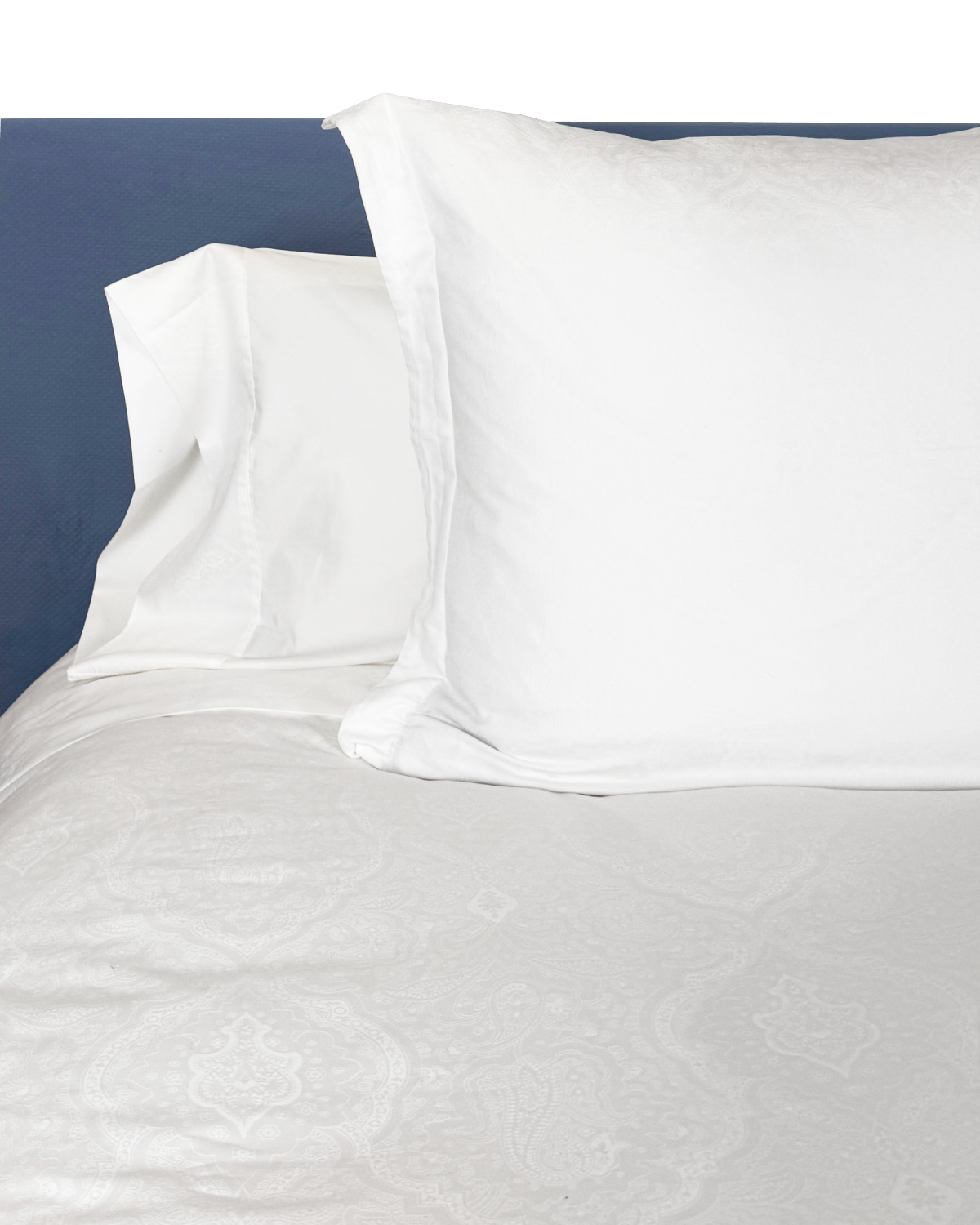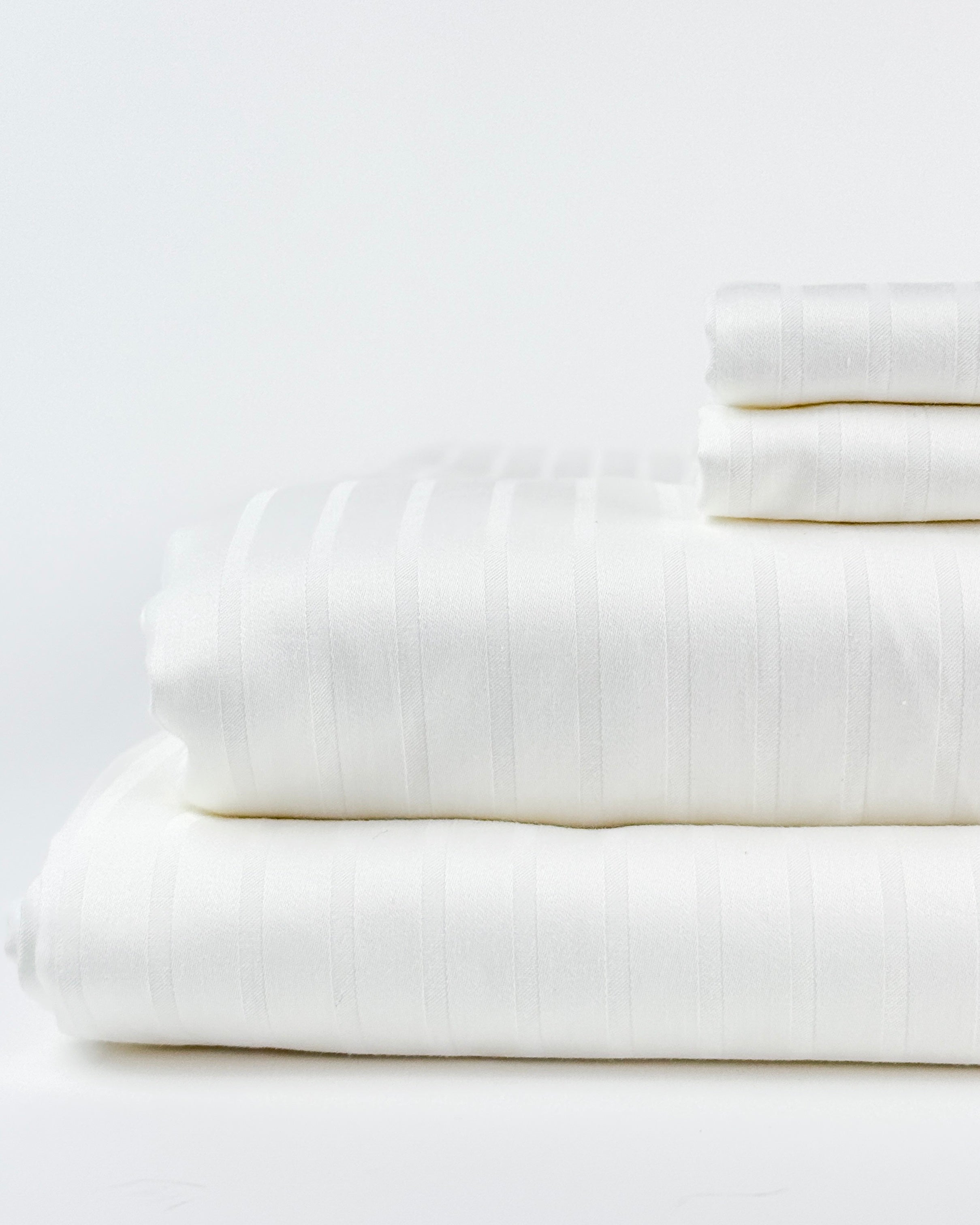This year, World Sleep Day, which falls at the end of Sleep Awareness Week, incorporates the theme “Make Sleep Health a Priority.” The goal is to raise awareness of the importance of sleep health and to increase recognition that sufficient, quality sleep is as essential to overall health as good nutrition and regular exercise. The quality of sleep can be affected by everything you do from the moment of waking. Figuring out what to change to improve your sleep can be difficult. That’s where a sleep diary comes in.
What is a Sleep Diary?
A sleep diary is a way for you to keep track of the things you do that might affect your sleep, as well as to keep track of your sleep. It provides data that will show patterns of activities that might be messing with your sleep. It also lets you track your sleep improvement progress. Most sleep medicine doctors will ask you to keep a sleep diary to assist them in determining the cause of your sleep problems.
1. What Does a Sleep Diary Look Like?
To get some idea of the format of a sleep diary, you can download the National Sleep Foundation’s Sleep Diary or the form available on the NIH website. Both provide spaces for you to “record the quality and quantity of your sleep; your use of medicines, alcohol, and caffeinated drinks; and how sleepy you feel during the day.” You can also invest in one of the many wearable sleep-tracking devices. It’s less about the form of the diary and more about the information it tracks.
2. How Often Do I Need to Fill in the Sleep Diary?
The National Sleep Foundation (NSF) recommends keeping the diary near your sleeping area and filling it in when you wake and before you go to bed. You should use the sleep journal for at least a week.
3. What Does a Sleep Diary Track?
The waking notes include information from the night before, including when you went to bed, when you fell asleep, the number of times and when you woke throughout the night and in the morning, and anything that disturbed your sleep.
The bedtime notes record your activities from the day before including exercise, medication, naps, food, drink, caffeine, alcohol, and your bedtime routine in the hour before going to sleep.
Don’t worry about giving exact times; an estimate will do. You should include the details. You might not realize something you’re doing is affecting your sleep, but your health professional might be able to draw conclusions. If you forget a day, leave that day blank and continue. It’s most important that you’re honest in filling in the diary. There will be no grades given for your sleep diary.
4. How Can a Sleep Diary Improve My Sleep?
Looking at the daytime activities that preceded your sleep, as well as the quality and quantity of that sleep, can help you and your doctor find patterns to assist in diagnosing the cause of your sleep difficulties. “A sleep diary can be particularly useful in diagnosing and treating insomnia and circadian rhythm disorders,” according to Stanford Medicine. It is just one of the tools sleep medicine doctors use to gain insight into your sleep issues, which can range from consultation to overnight sleep studies.
A sleep diary can also reveal habits that might be causing problems you can address on your own. For example, did difficulty staying or falling asleep follow late-day caffeine? You may know you shouldn’t drink coffee too late in the day but seeing it in black and white can make it real. It can also help you establish the time of day after which you should stay away from caffeine.
5. Make Your Sleep Diary Part of Your Bedtime Routine
We often talk about elements of the bedtime routine that can help you calm your mind and body to prepare for sleep, including journaling. Reviewing your day for your sleep diary can be incorporated into that ritual. Our write it down notebook in soothing periwinkle makes an ideal sleep notebook. It fits perfectly into your hands and looks beautiful on the bedside table.
Consider a sleep diary to help you in your journey to a better night’s sleep.
-Team at down etc
Read more:
Bedtime Rituals for Better Sleep
About down etc
For over twenty years, down etc has worked with hoteliers and professional housekeepers in hotels around the world to manufacture and provide the pillows and the bedding that will offer hotel guests memorably great sleep. Through our retail website, we seek to provide products that will result in the same quality sleep for our customers at home. We believe in the restorative power of a great night’s sleep, whether at home or away. That’s the reason down etc wrote the book on it, Roll Into a Perfectly Made Bed: All You Need to Know About the Art of Bedmaking.
DISCLAIMER: You should not rely on any of the foregoing as a substitute for, nor does it replace, professional medical or health and wellness advice, diagnosis, or treatment by a healthcare professional. If you have specific concerns or a situation in which you require professional or medical advice, you should consult with an appropriately trained and qualified specialist, such as a licensed physician, psychologist, or other health professional. Never disregard the medical advice of a physician, psychologist, or other health professional, or delay in seeking such advice, because of the information or content offered or provided on the Site. The use of the Site and all information and content contained thereon is solely at your own risk.






